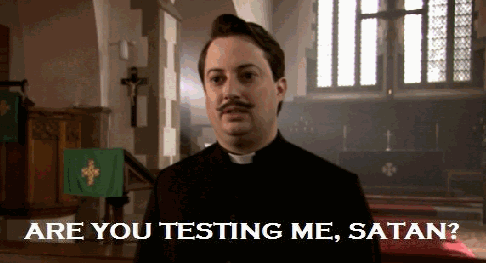I think there needs to be some space between the gaming companies and gaming media. I understand that reporting on video games is a hobbyist media, and there's bound to be fanboyism and a close relationship between the companies and the organizations which report on their information. Most new outlets NEED that press relationship. However, companies cannot treat video game journalists as another arm of their marketing department.
They can't be upset when they don't fall in line with their PR message, and report on information that is leaked. If gaming journalism is going to be taken seriously, having an independent media is important. Otherwise, there's no point and gaming journalism might as well just air the companies' ads on repeat.
Nintendo can do it, and they might have a right to do it.
But is it ethical?
I don't think it is.
TotalBiscuit talks
about it in this video (well worth the listen)
I have actually watched that TB video in the past and I agree with the notion that journalists should not be merely a marketing arm, which is why I tend to go for places like GX over IGN (granted, GX are a bit overly Nintendo focused but they at least will give criticism where it's due). However, that has very little to do with reporting leaks, and more that journalists shouldn't be forced to say positive things about a game just because they received review copies and what not.
Reporting leaked content however, has less to do with the big time publishers and more to do with the developers who create these games with their blood, sweat, and tears. You are spreading exposure to content that maybe they wanted to be a surprise part of the experience (like story spoilers for example. While you may deny that unlockables being spoiled means anything, story spoilers actually do ruin an integral part of the experience) or in a lot of instances, things that are still in development. Basically anything the developers didn't sanction to be shown off to the public, is not ready to be seen, no matter how complete it is.
To report on that content is nothing but selfish even if it's been leaked by someone else. This has nothing to do with marketing and is more a case of having a sense of mutual respect between developers and journalists. Developers should respect that their product may come under journalist criticism, and any attempts to sugar coat or distort journalists opinions can be refused and even put on blast. Journalists should respect that leaked content is content not ready for public criticism and evaluation, no matter how complete it looks, and reporting on it means the developers are well within their rights to take these reports down and potentially blacklist said journalist for their indiscretions.
I say this as someone who has an interest in both game developing and game journalism.
And call it victim-blaming if you will, but I'd think by now a multi-billion dollar corporation could keep these sorts of things well-protected by now.
That doesn't matter when people are always actively seeking to leak their content.
Like yeah, Nintendo certainly could do a better job at keeping things under wraps, as they do have some notably poor systems, but to blame them for this is just blind. No system they can have is perfect, the fact that people will always look to crack their systems and leak their content means it's probably gonna happen no matter what, and journalists hungry for hits will often report on it when it gets out.
Taking candy just because it's being held by a baby and not a big strong man, doesn't suddenly make it OK. Or vice versa.
30th Anniversary
30th Anniversary
25th Anniversary
20th Anniversary
15th Anniversary
Melee is gonna be 15 years old




